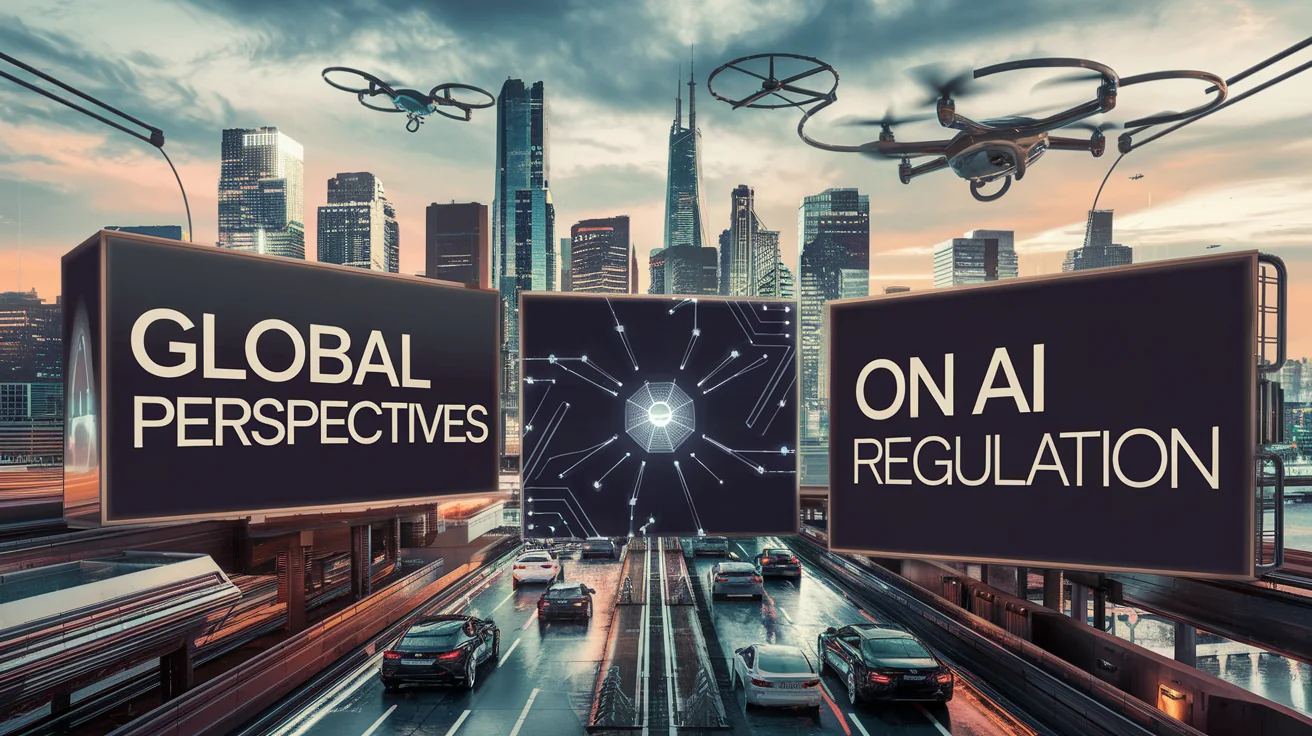Global Perspectives on AI Regulation

As the use of artificial intelligence (AI) increases rapidly, recent research reveals that global sentiment leans more towards concern than excitement about the technology. According to a spring 2025 Pew Research Center survey conducted across 25 countries, the awareness and apprehension surrounding AI show significant trends among different demographics.
Awareness of AI Technology
The survey found that a median of 34% of adults across these nations have heard or read a great deal about AI, while 47% have engaged with the topic minimally. Notably, 14% of individuals reported having heard nothing about it at all. This indicates a substantial level of awareness about AI in various global regions, yet there remains a notable segment of the population that is largely uninformed.
Public Sentiment: Concern vs. Excitement
When evaluating feelings towards AI, a median of 34% expressed greater concern than excitement regarding the technology’s prevalence in daily life. Meanwhile, 42% were equally concerned and excited, and only 16% felt predominantly excited. The United States, Italy, Australia, Brazil, and Greece saw around half of their populations lean towards concern, illustrating that societal sentiments regarding AI differ markedly by country. Interestingly, South Korea exhibited a contrasting perspective, with only 16% of respondents indicating primary concern.
Income and Awareness Correlation
A fascinating correlation emerged from the survey regarding a country’s income and the level of awareness about AI. Higher-income nations tend to have a more informed populace. For instance, 50% of adults in wealthier nations like Japan, Germany, and France reported having substantial awareness of AI technology, while significantly fewer adults in lower-income countries such as India and Kenya reported the same, with only 14% and 12%, respectively.
Trust in Government Regulation of AI
Examining trust in regulating AI, the survey revealed that a substantial number of respondents trust their respective government entities. In India, for example, 89% trust their nation to manage AI, while 74% in Indonesia share similar sentiments. In sharp contrast, only 22% of Greeks expressed confidence in their government’s ability to effectively regulate AI.
In the U.S., trust levels were nearly evenly split, with 44% of adults believing their government can proficiently regulate AI against 47% who are skeptical. This divide highlights the relationship between political affiliation and levels of trust, with Republican-leaning individuals more likely to exhibit confidence in the U.S. government’s capabilities than their Democratic counterparts.
International Trust in AI Regulation
In measuring perceptions towards major global powers, the EU garnered more trust for regulating AI than the U.S. or China, with 53% of respondents supporting the EU’s regulatory efforts. Notably, trust in the EU varies significantly among member states, with Germany and the Netherlands showing higher confidence levels than countries like France and Greece.
The findings underscore that a positive evaluation of these governing bodies correlates with trust in their ability to manage AI effectively, shaping public attitudes in various geopolitical contexts.
Demographic Differences in AI Perception
Demographic factors such as age, gender, education, and internet usage illustrate significant disparities in how AI is perceived globally. Young adults typically demonstrate higher awareness and more favorable perspectives on AI than older generations. For instance, among Greek adults under 35, 68% report substantial familiarity with AI technology, compared to only 20% of those aged 50 and older.
Additionally, men tend to have greater awareness of AI than women in over half of the countries surveyed, whereas women are more likely to express concern regarding its implications. Educational attainment also plays a vital role; individuals with lower levels of education exhibit more apprehension and less awareness about AI compared to their better-educated peers.
Finally, individuals who use the internet frequently express greater excitement about AI developments, indicating a link between technological engagement and positive outlooks on AI integration into daily life.